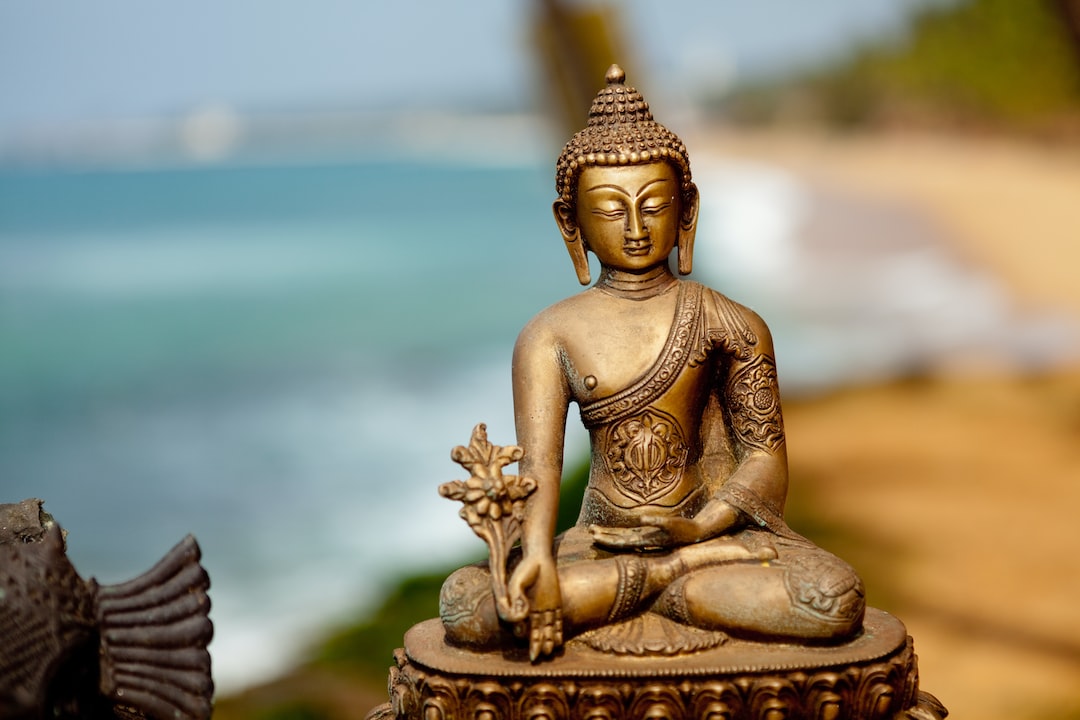The Influence of Religion on Social and Political Movements
Religion has always played a significant role in shaping society and its various movements. Whether we look at the civil rights movement in the United States, the anti-apartheid movement in South Africa, or more recent efforts for LGBTQ+ rights, it becomes evident that religion can both inspire and hinder social and political change. In this blog post, we will explore the influence of religion on these movements, shedding light on the positive aspects it brings as well as the challenges it poses.
One of the most prominent examples of religion’s influence on social and political movements is the civil rights movement in the United States during the mid-20th century. African American churches and religious leaders were at the forefront of advocating for equal rights and an end to racial segregation. Figures like Martin Luther King Jr., an influential Baptist minister, drew upon their religious teachings to mobilize masses and promote nonviolent resistance against systemic racism. King’s famous “Letter from Birmingham Jail” cited biblical references and Christian ethics to make a powerful case for racial justice. Religion, in this context, provided a moral framework, organizing platform, and sense of community for the civil rights movement.
Similarly, the anti-apartheid movement in South Africa drew heavily on religious principles to challenge the oppressive regime. The South African Council of Churches played a significant role in supporting resistance against apartheid, often by utilizing religious spaces like churches and synagogues as safe havens and organizing centers. Figures like Archbishop Desmond Tutu, a key activist, were vocal in their belief that the apartheid system contradicted fundamental Christian teachings of equality and human dignity. Religion, in this instance, provided a common language and unity, transcending racial and ethnic divisions, and giving strength to the fight against injustice.
While religion has played a crucial role in inspiring social and political movements, it has also been used to justify oppressive practices and hinder progress. For instance, in the women’s rights movement, certain religious interpretations have been used to rationalize and perpetuate gender inequality. Traditional interpretations of religious texts have often been quoted to reinforce patriarchal structures and discrimination against women. This has led to a division within the movement, with some feminist groups challenging and distancing themselves from religious teachings that perpetuate gender inequity. The notion of the separation of church and state has also been a contentious issue, as conservative religious groups frequently oppose progressive policies related to reproductive rights and LGBTQ+ rights, arguing that these conflicts with their religious beliefs.
Similarly, in political movements, religion can often polarize societies and hinder progressive reforms. In countries where religion holds significant influence over politics, there is often resistance to change due to religious conservatism. Concepts like secularism and separation of religion and state can be perceived as threats to religious identity and beliefs, leading to divisions within society. This can be seen in many parts of the world, where religious conflicts have resulted in the stalling of social progress and even violence.
What is crucial, then, is the need for dialogue and understanding between religious and secular movements. Religious teachings often call for compassion, justice, and equality, providing a strong moral foundation for social change. However, it is essential to interpret religious texts with an open mind and to question interpretations that perpetuate discrimination or hinder progress. Embracing interfaith dialogue and collaboration can help bridge the gap between religious and secular movements, fostering understanding and paving the way for joint efforts in creating a more just and inclusive society.
In conclusion, religion has a profound influence on social and political movements, both positively and negatively. It has the power to inspire and mobilize communities for social progress, as seen in the civil rights and anti-apartheid movements. On the other hand, it can also hinder social change by perpetuating discriminatory practices or opposing progressive policies. By promoting dialogue and understanding between religious and secular movements, we can harness the power of religion to build a more just and equitable society. It is crucial to strike a balance between adhering to religious beliefs and upholding human rights, ensuring that religion works as a positive force for change rather than an impediment.

